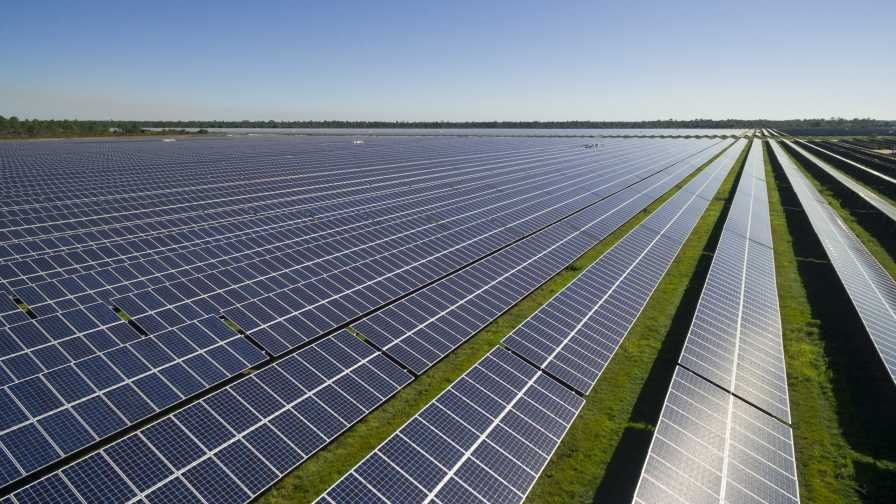Free Courses Sale ends Soon, Get It Now


Free Courses Sale ends Soon, Get It Now



Copyright infringement not intended
Context: Indian scientists have made a breakthrough in developing low-cost and highly stable Carbon-based perovskite solar cells that can withstand high temperatures and moisture levels. This is the first indigenous perovskite-powered niche product developed in India and it has the potential to revolutionize the field of stable perovskite solar cells.
Details
Perovskites
This is the first indigenous perovskite-powered niche product developed in India and can pave the way for futuristic stable perovskite solar cells.
More about the research
Conclusion
Must-Read Articles:
PEROVSKITE: https://www.iasgyan.in/daily-current-affairs/perovskite
SOLAR ENERGY IN INDIA: https://www.iasgyan.in/daily-current-affairs/solar-energy-in-india
|
PRACTICE QUESTION Q. Solar energy is one of the most promising sources of renewable energy for India. However, the development and deployment of solar energy in India also pose several challenges. How can India overcome these challenges and harness the potential of solar energy for its economic growth and climate action? What are the benefits and risks of solar energy for India's energy security, rural development, and global leadership? |
© 2024 iasgyan. All right reserved